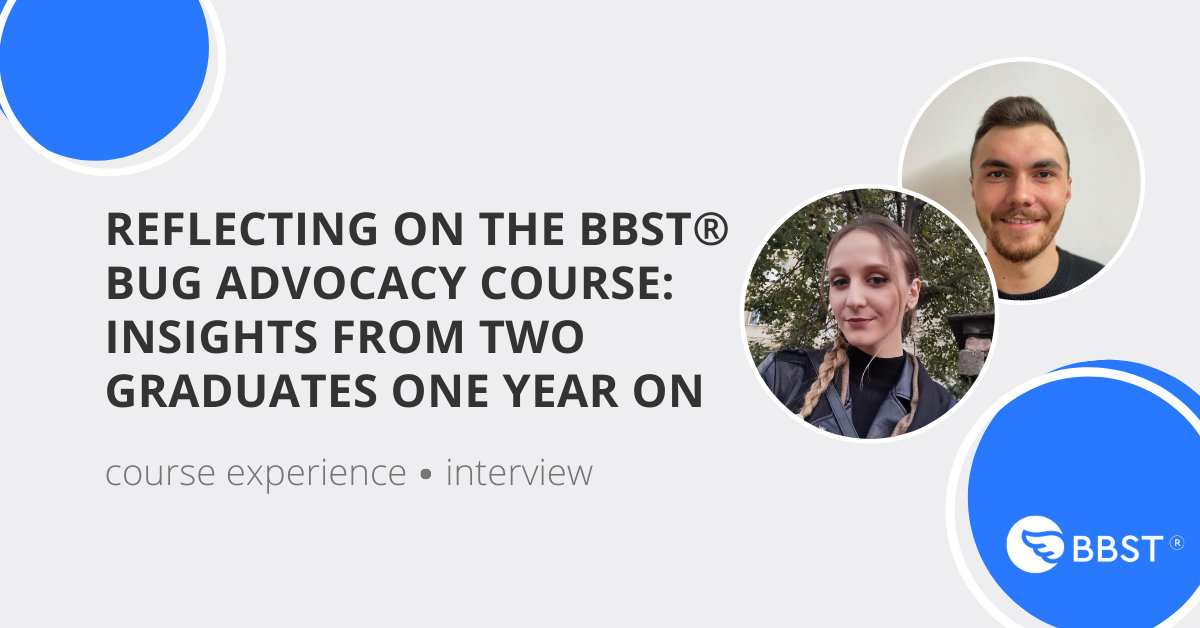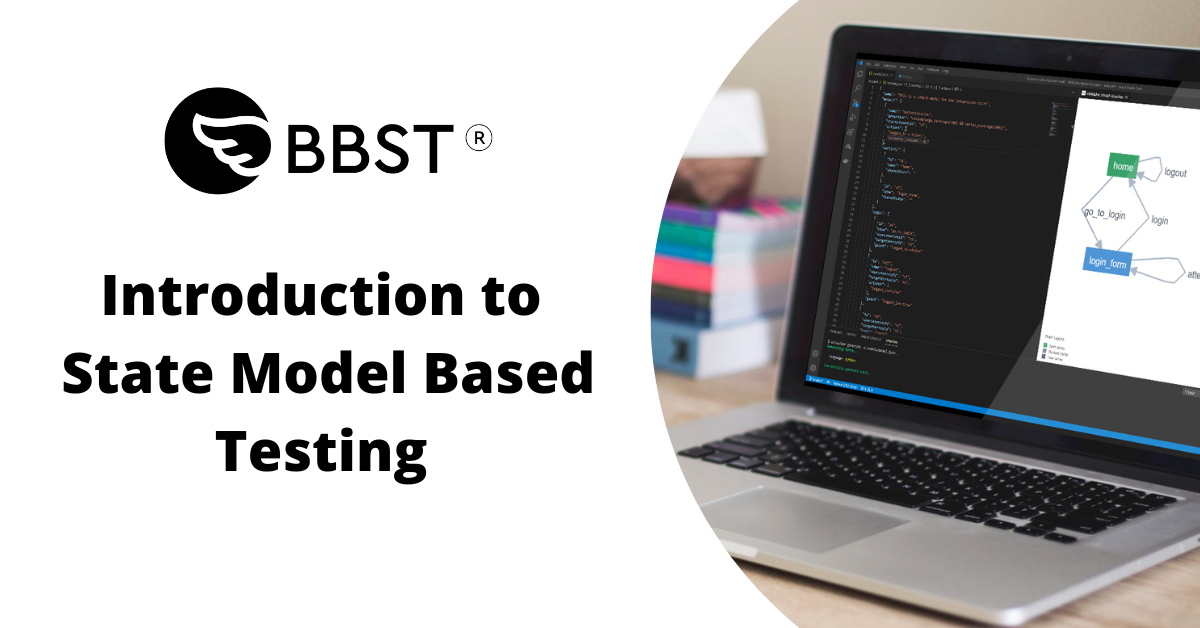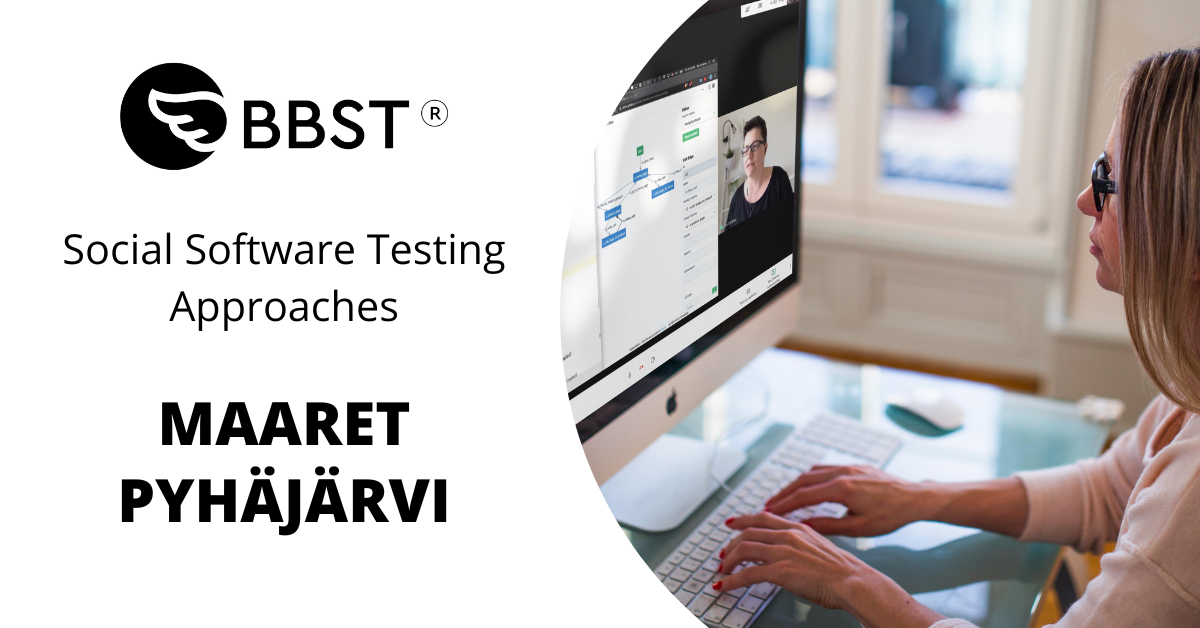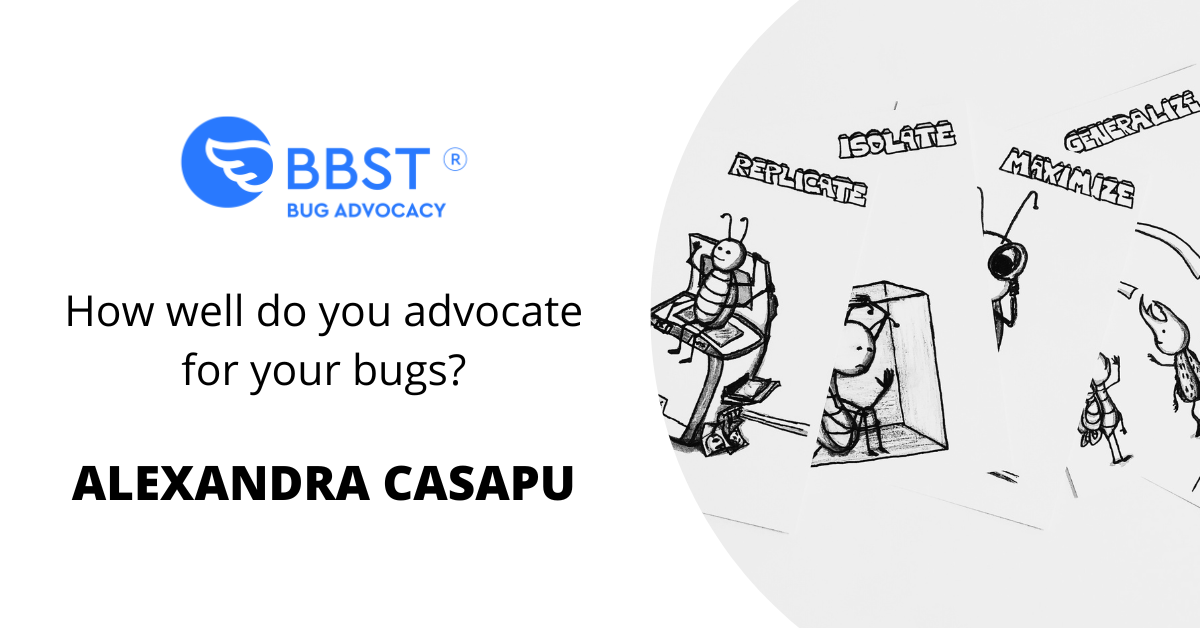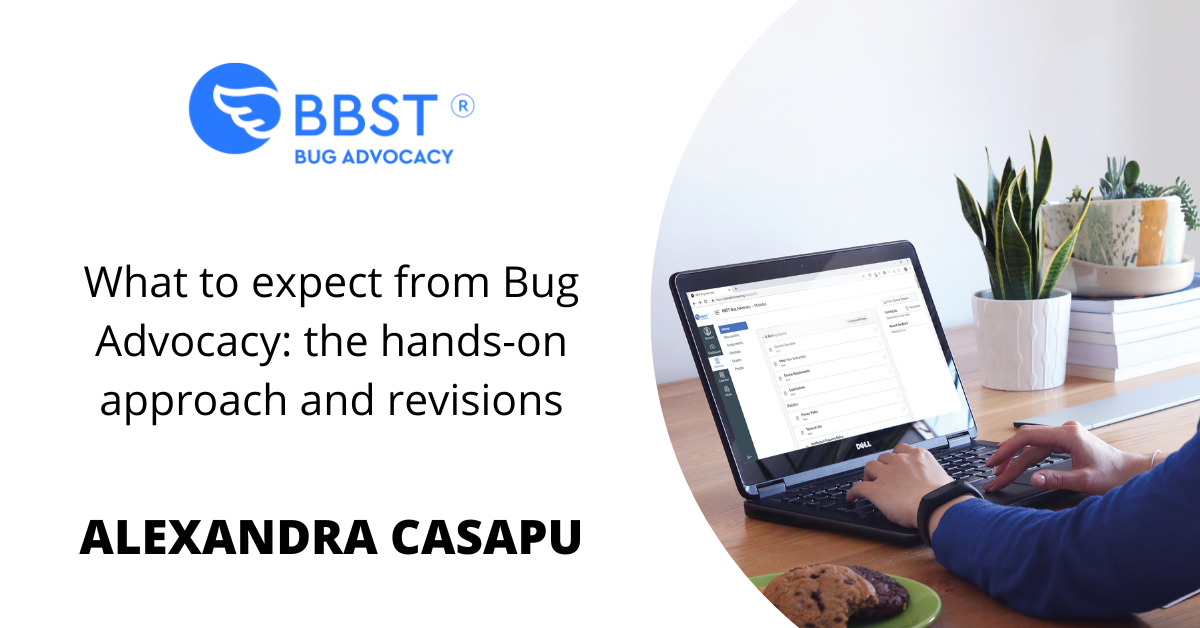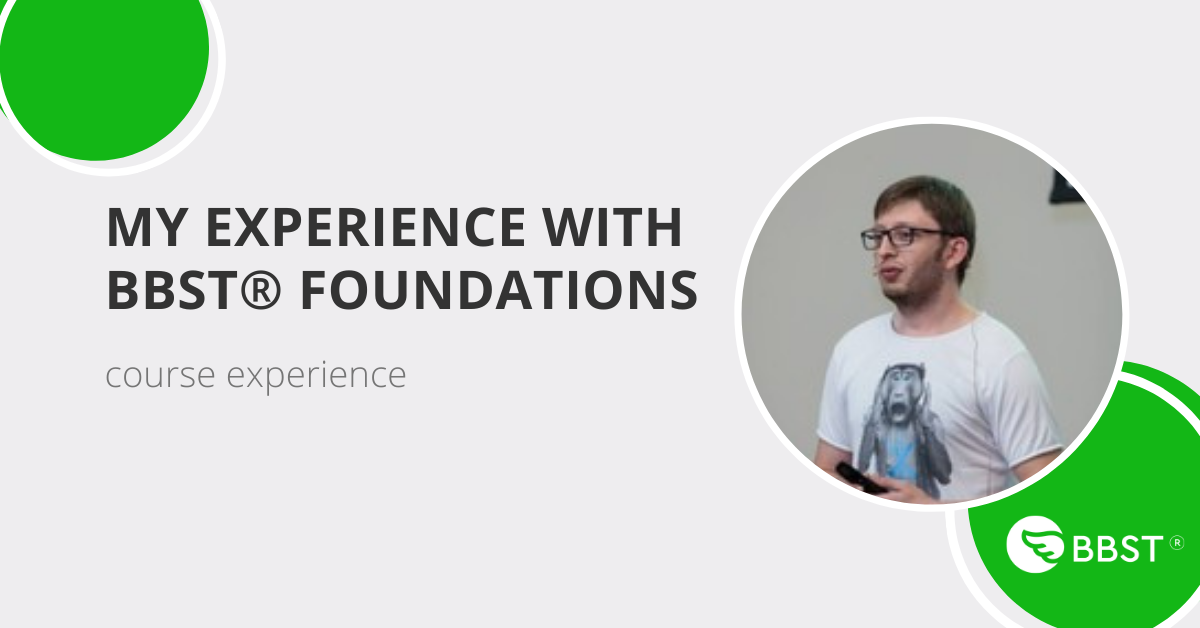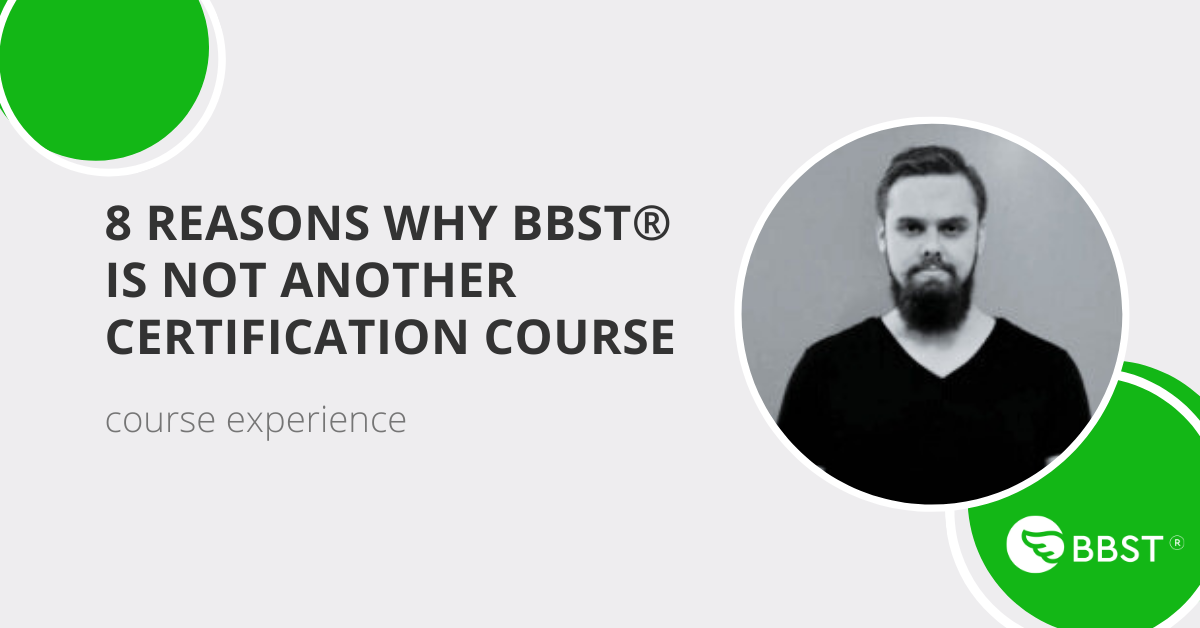Featured Post
It’s been almost one year since Bianca Chiorean and Mihai Cuc graduated from the BBST® Bug Advocacy course. Now, as seasoned software testers at Altom Consulting, they reflect on how this course has reshaped their approach to software testing, communication, and overall career growth. Their journey from learners to confident advocates for quality in software development reveals the profound impact [...]
Latest Posts
5 thinking errors fixed by BBST® Foundations
By Elisa Enea|2023-12-19T15:49:15+00:00March 8, 2023|Course Experience|
When you want to join the testing community there are a few things you need to know. Testing is much [...]
2023 Heads-up: The Inevitable Price Changes
By BBST® courses|2023-08-01T13:40:03+00:00February 15, 2023|Updates|
It’s been 8 years since the first people on our team started teaching, promoting, and eventually dedicating much of their [...]
What do I want to know when starting a new project
By Dolores Pente|2023-08-01T10:42:31+00:00November 21, 2022|Learning from peers|
Starting or moving to different testing projects can be overwhelming. Usually, there is a lot of information to grasp [...]
Subscribe to the BBST® Resource Center
We send about one newsletter per month when we have new or relevant content. You’ll be the first to be invited to our events and know all the updates.
BBST® courses
August 12, 2020
BBST® courses
July 30, 2020
Melinda Oprean
April 16, 2020
Ru Cindrea
March 17, 2020
Alexandra Casapu
September 15, 2016

